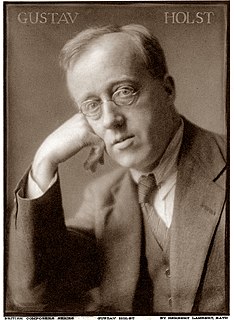A Quote by Friedrich Nietzsche
And let that day be lost to us on which we did not dance once! And let that wisdom be false to us that brought no laughter with it!
Related Quotes
A Morning Prayer The day returns and brings us the petty round of irritating concerns and duties. Help us to play the man; help us to perform them with laughter and kind faces, let cheerfulness abound with industry. Give us to go blithely on our business all this day. Bring us to our resting beds weary and content and undishonored and grant us in the end the gift of sleep.
In our learning, let us not neglect the fountain of revelation. The scriptures and the words of modern-day apostles and prophets are the sources of wisdom, divine knowledge, and personal revelation to help us find answers to all the challenges in life. Let us learn of Christ; let us seek out that knowledge which leads to peace, truth, and the sublime mysteries of eternity.
As the Deity has given us Greeks all other blessings in moderation, so our moderation gives us a kind of wisdom which is timid, in all likelihood, and fit for common people, not one which is kingly and splendid. This wisdom, such as it is, observing that human life is ever subject to all sorts of vicissitudes, forbids us to be puffed up by the good things we have, or to admire a man's felicity while there is still time for it to change.
Movement has the capacity to take us to the home
of the soul, the world within for which we have
no name. Movement reaches our deepest nature,
and dance creatively expresses it. Through dance,
we gain new insights into the mystery of our lives.
When brought forth from the inside and forged by
the desire to create personal change, dance has the
profound power to heal the body, psyche and soul.
I find very reasonable the Celtic belief that the souls of our dearly departed are trapped in some inferior being, in an animal, aplant, an inanimate object, indeed lost to us until the day, which for some never arrives, when we find that we pass near the tree, or come to possess the object which is their prison. Then they quiver, call us, and as soon as we have recognized them, the spell is broken. Freed by us, they have vanquished death and return to live with us.







































